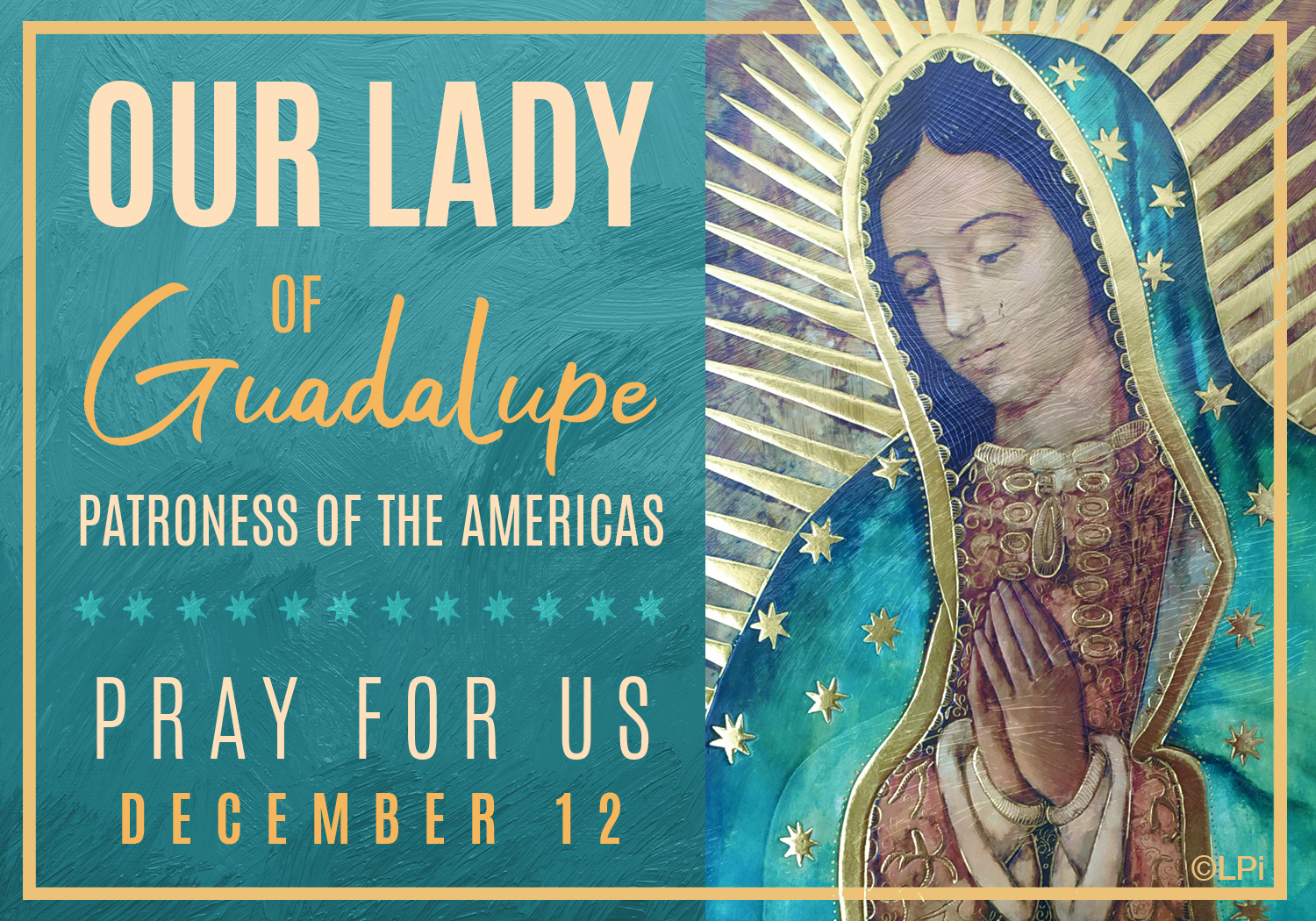2nd Sunday of Advent

~ The Season of Advent ushers in a new cycle of the Lectionary, the Book of Scripture readings used at Mass. This coming year, most of the Sunday Gospels will be from the Gospel of St. Luke. As we listen to St. Luke’s Gospel over the year to come, I hope you notice a few themes that will emerge. The Gospel of St. Luke is my favorite, and I’m looking forward to reading and praying with St. Luke over the coming year.
I’d like to share with you some thoughts about the Gospel of St. Luke from Msgr. James McNamara, a priest of the Diocese of Rockville Centre, New York.
First, Luke’s Gospel is the Gospel of Great Pardons and this is unique to Luke. This is evident in the story of the sinful woman who anoints the feet of Jesus in 7: 36–50. It is also evident in the lost sheep, the lost coin, and the lost son in chapter 15 as well as the story of Zacchaeus in Chapter 19.
Second, Luke’s Gospel is the Gospel of Universal Salvation fulfilling the vision of Isaiah: “Every valley shall be filled and every mountain and hill shall be made low… (Isaiah 40: 4–5). The genealogy of Jesus in Luke is not back to David (as in Matthew) but back to Adam: “And all flesh will see the salvation of God” (3:6). Not everyone heeds the message: “Jesus has come to call sinners, not the righteous” (5:32). Furthermore, “there is more joy in heaven over one sinner who repents than over ninety-nine sinners who have no need of repentance” (15:7). And Jesus breaks the stereotype of outcasts: it is the Samaritan who cares for the wounded man on the side of the road (10:33) and it is the Samaritan leper who returns to give thanks to God (17:11).
Third, Luke’s Gospel is the Gospel of the Poor. We see this in the simple circumstances of the birth of Jesus in Luke’s infancy narrative. While Matthew speaks about the poor in spirit in his list of beatitudes (5:3), Luke speaks about the poor (6:20). He warns about the danger of riches (6:24). He tells the story of the rich man and Lazarus and their reversed fortunes in the bosom of Abraham (16: 19–31). Luke refers to the poor and the rich more than any other Gospel: “How hard it is for the rich to enter the Kingdom of Heaven” (18:22). It is in Luke’s Gospel that we find Jesus commend the poor widow who puts her last coins in the treasury (21: 1–4). Finally, Jesus has come to bring good news to the poor (4:18).
Fourth, Luke’s Gospel is the Gospel of Absolute Renunciation. The disciples must leave all things: “When they brought their boats to the shore, they left everything and followed Him” (5:11). Jesus asked of them total dedication: “If any one comes to me without hating his father and mother… and even his own life, he cannot be my disciple. Whoever does not carry his own cross and come after me cannot be my disciple” (14: 25–27). Where Matthew says simply to “store up your treasure in heaven” (6:20), Luke says: “Sell your belongings and give alms. Provide money bags for yourselves that do not wear out, an inexhaustible treasure in heaven…” (12:33). Jesus is an example of absolute renunciation through His suffering “But He must first suffer greatly and be rejected by this generation” (17:25).
Fifth, Luke’s Gospel is the Gospel of Prayer and the Holy Spirit. There are many examples of this. Luke portrays Jesus at prayer before every important event: at His Baptism (3:21), in choosing the 12 apostles (6:12), at Peter’s profession of faith (9:18), at the Transfiguration (9:28), in teaching the Our Father (11:1), and, most poignantly, in the Garden of Gethsemane (22:41). Luke constantly refers to the Holy Spirit: (1:15, 35, 41, 67; 2: 25-27; 3:16, 22; 4:1, 14, 18; 10: 21; 11:13; 12: 10,12). It is not a bad idea to look these passages up and use them for prayer.
Sixth, the Gospel of Luke is the Gospel of Messianic Joy. The Spirit, possessed by Jesus, spreads joy and peace among those who listen to Him. While Matthew’s Gospel has a serious, almost majestic, setting and Mark has the more relaxed candor of a diary, Luke rebounds with joy after one has had the time to ponder the wonder of what has taken place. Luke tells of the admiration of the crowds for Jesus (5:26) and that Jesus’ followers will be happy and fortunate (6:20-22; 7:23; 10:23; 11:2f; 14:14f; 23:29).’
May God bless us in the year to come as we read and reflect on the Gospel of St. Luke!


